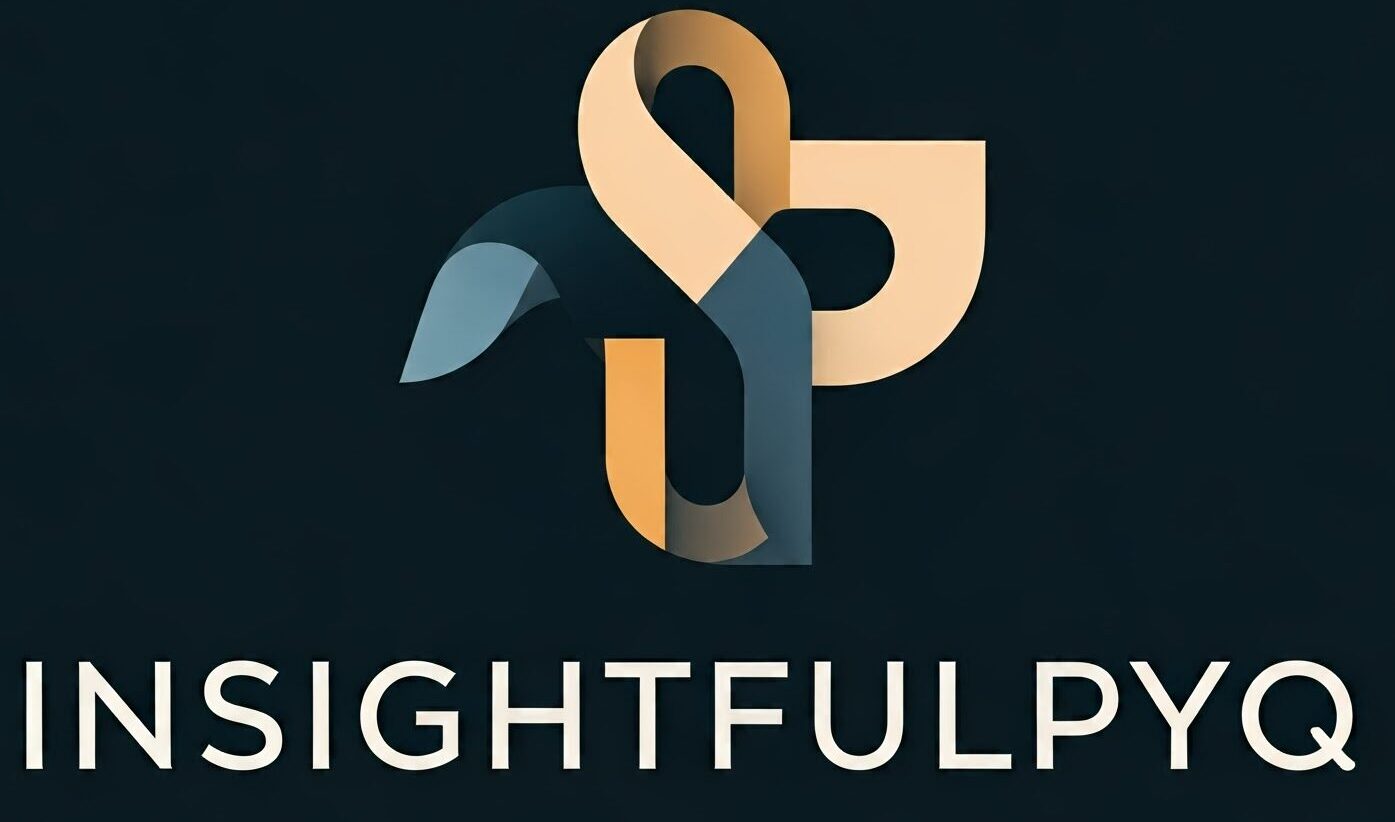The term “woke programs” has become a political flashpoint, broadly used to describe policies or initiatives focused on social justice, diversity, equity, and inclusion (DEI), climate action, or progressive education reforms. As part of his 2024 campaign, Donald Trump has vowed to slash funding for such programs, calling them “divisive” and “wasteful.” Here’s a breakdown:
What Are “Woke Programs”?
These include federal or state-funded initiatives aimed at addressing systemic inequalities, promoting environmental sustainability, or integrating progressive ideologies into education and workplaces. Examples:
- DEI Training: Mandatory workplace programs on racial/gender inclusivity.
- Climate Initiatives: Grants for renewable energy or emissions reduction.
- Gender-Affirming Care: Medicaid coverage for transgender healthcare.
- Critical Race Theory (CRT): School curricula discussing systemic racism.
- Student Debt Relief: Loan forgiveness for public service or low-income earners.
Trump 2.0’s Stance
Trump’s agenda, dubbed “Project 2025”, seeks to eliminate “woke” policies by:
- Banning DEI Programs: Remove diversity training from federal agencies.
- Defunding Climate Policies: Halt renewable energy subsidies; prioritize fossil fuels.
- Restricting Education: Block CRT and LGBTQ+ inclusivity teachings in schools.
- Ending “Gender Ideology”: Ban federal support for transgender healthcare.
- Redirecting Funds: Allocate budgets to border security, policing, and tax cuts.
Trump argues these programs promote “radical left indoctrination” and misuse taxpayer dollars. Critics warn cuts could deepen inequality and stall climate progress.
The Bigger Debate
The clash over “wokeness” reflects a cultural divide:
- Supporters see these programs as vital for fairness and progress.
- Opponents label them government overreach or ideological indoctrination.
As Trump rallies his base, the battle over funding these initiatives will shape America’s social and economic landscape.

